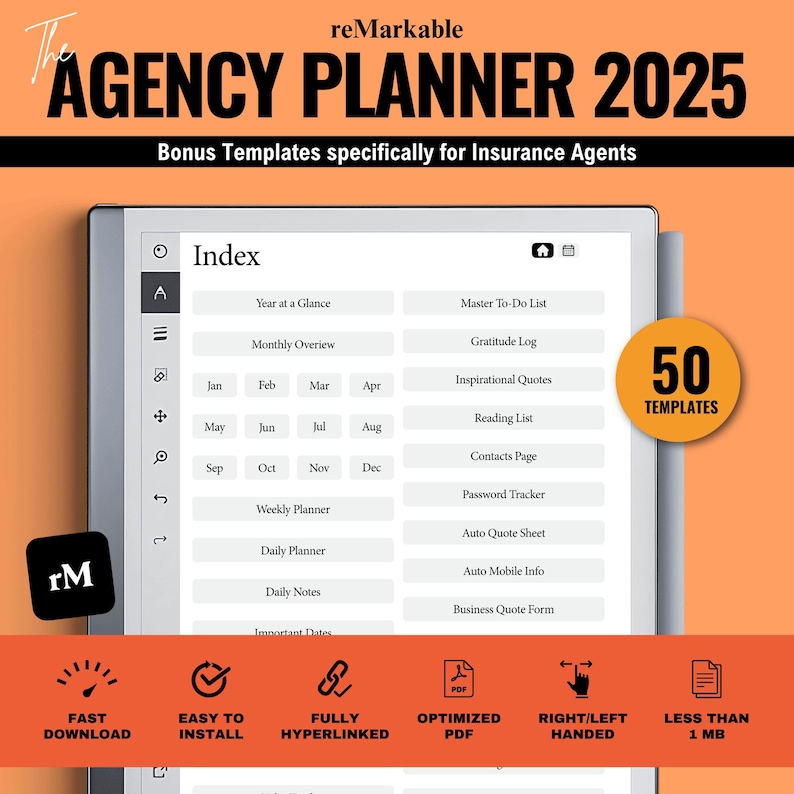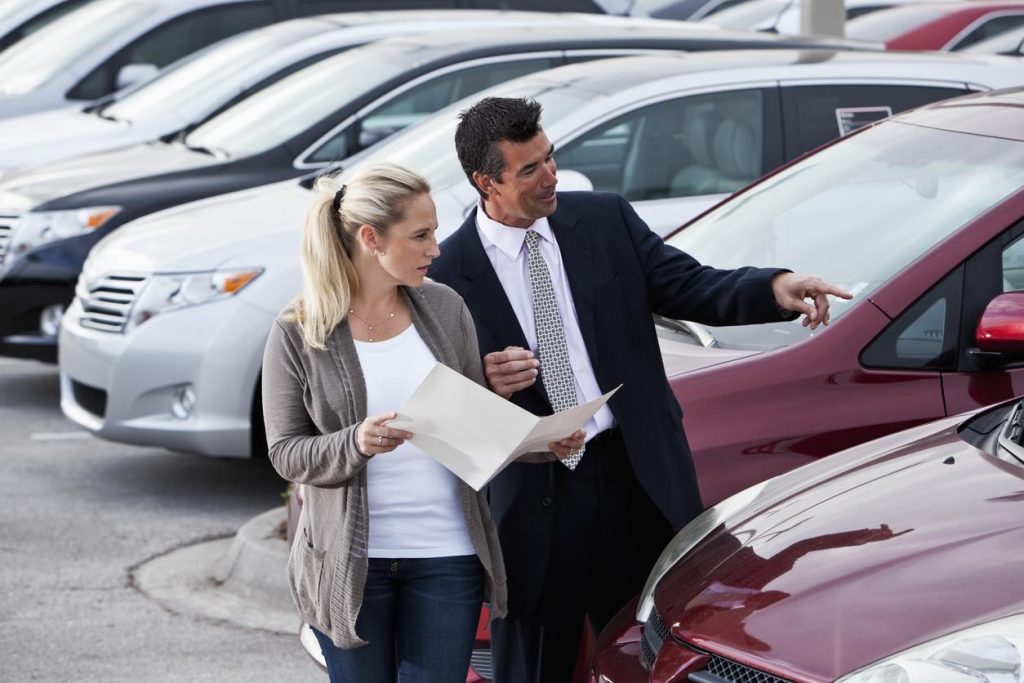When it comes to running a used car dealership, the pride of providing quality vehicles to customers often comes hand in hand with a complex web of responsibilities and risks. One of the most critical—and sometimes overwhelming—aspects dealers face is securing the right liability insurance. Protecting your business from potential claims isn’t just about complying with regulations; it’s about safeguarding your hard-earned reputation and ensuring peace of mind in an industry where uncertainties can arise unexpectedly. In this article, we’ll explore the unique challenges used car dealers encounter with liability insurance and offer thoughtful guidance on how to navigate this essential protection with confidence and care.
Table of Contents
- Understanding the Unique Risks Faced by Used Car Dealers
- Key Coverage Options for Comprehensive Liability Protection
- Best Practices for Choosing the Right Insurance Policy
- Steps to Minimize Liability and Enhance Business Security
- Concluding Remarks
Understanding the Unique Risks Faced by Used Car Dealers
Used car dealers operate in a landscape rife with challenges that can significantly impact their business’s bottom line. Unlike new car dealerships, the inventory they handle often comes with a history that may include undisclosed damage, mechanical issues, or prior accidents. These hidden problems can lead to increased liability claims if a buyer experiences unexpected failures shortly after purchase. Furthermore, the fluctuating value of used vehicles complicates risk assessment, making it harder to pinpoint adequate coverage. Dealers must also grapple with customer disputes, including issues related to financing, warranties, and trade-ins, all of which heighten exposure to lawsuits or negative resolutions.
Several specific risks stand out for used car dealers:
- Potential for misrepresentation or “lemon” claims stemming from undisclosed defects
- Higher chances of accident liability during test drives or dealer-operated transport
- Property risks including theft, vandalism, or damage to the dealership lot and vehicles
- Employee-related liabilities such as workplace injuries or misconduct
Understanding these nuances is crucial to selecting comprehensive liability insurance that not only protects against financial loss but also supports the dealer’s reputation and customer trust. Tailored insurance solutions can help mitigate the cascading effects of these intertwined risks.
Key Coverage Options for Comprehensive Liability Protection
Understanding the scope of liability protection is crucial for used car dealers to mitigate unforeseen risks. Key coverage options often include general liability insurance, which shields businesses from claims involving bodily injury or property damage occurring on the dealership premises. Additionally, product liability coverage is essential in cases where a sold vehicle causes harm or malfunctions, helping dealers handle legal and medical expenses arising from such incidents. Protecting against these core risks lays the foundation for safeguarding your dealership’s financial stability.
Beyond these fundamentals, dealers should consider specialized endorsements tailored for the automotive industry. For example, garage liability insurance offers protection against accidents related to vehicle operations during test drives, a critical area often overlooked. Moreover, garagekeepers liability covers damages to customers’ vehicles while in your care, custody, or control, whether from theft, vandalism, or natural disasters. Incorporating these comprehensive coverage options creates a robust safety net that keeps the focus on growing your business rather than managing legal pitfalls.
- General Liability: Bodily injury and property damage protection
- Product Liability: Coverage for defects or malfunctions
- Garage Liability: Protection during vehicle operations like test drives
- Garagekeepers Liability: Covers vehicles under dealership care
- Employment Practices Liability: Defense against workplace-related claims
Best Practices for Choosing the Right Insurance Policy
When selecting a policy, it’s crucial to align your coverage with the specific risks inherent in the used car dealership business. While many standard liability options exist, not all will adequately protect against issues such as vehicle damage during test drives, environmental liabilities, or fraud claims. Evaluate the fine print carefully—understand the exclusions and inclusions to avoid unexpected gaps in protection. Consulting industry experts or insurance brokers specialized in automotive businesses can provide insights tailored to your dealership’s size, location, and typical transaction volume, ensuring a smarter fit for your unique liability exposures.
Additionally, consider the value of flexible policy features that grow with your dealership. Options like customizable deductibles, layered coverage for high-value assets, and endorsements for specific scenarios allow you to fine-tune your risk management without overspending. Incorporating a comprehensive risk assessment checklist before purchase can be a game-changer. Some key points include:
- Assess historical claims data to identify common pitfalls experienced by peers.
- Ensure clear documentation of inventory and assets to streamline future claims.
- Explore multi-policy discounts if combining liability with property or garage keeper’s insurance.
Steps to Minimize Liability and Enhance Business Security
Every used car dealer can greatly reduce their exposure to legal challenges by adopting proactive risk management practices. Start by conducting detailed inspections on all inventory, ensuring vehicles meet safety standards and disclosing any known issues transparently to customers. Implementing clear, written sales agreements and return policies not only sets realistic expectations but also creates essential documentation that can protect you in dispute scenarios. Moreover, training your sales and service personnel on compliance with local laws and ethical sales techniques plays a critical role in shielding your business from unintentional violations.
Beyond internal policies, enhancing physical and digital security measures fortifies your dealership against theft, fraud, and data breaches — all of which could escalate liability. Consider installing comprehensive surveillance systems and maintaining secure parking areas to protect valuable assets. On the digital front, safeguarding customer information with robust cybersecurity protocols is not just best practice but a legal imperative. Additionally, many dealers find value in building strong relationships with insurance providers, ensuring their liability coverage aligns precisely with the unique risks inherent to the used car market.
Concluding Remarks
Navigating the complexities of liability insurance is more than just a business necessity for used car dealers—it’s a vital step toward protecting their livelihood and maintaining trust with customers. While the road may be filled with challenges, understanding the nuances of coverage and staying proactive can provide peace of mind in an unpredictable market. By investing in the right protection, dealers not only safeguard their businesses but also contribute to a safer, more reliable car-buying experience for everyone. Remember, when it comes to liability insurance, informed decisions today pave the way for a more secure tomorrow.






